Matsutake mushrooms grow on the Korean Peninsula, China, and even in the United States. But it's those harvested in Japan, especially around the Kyoto area, that offer the truly amazing value.
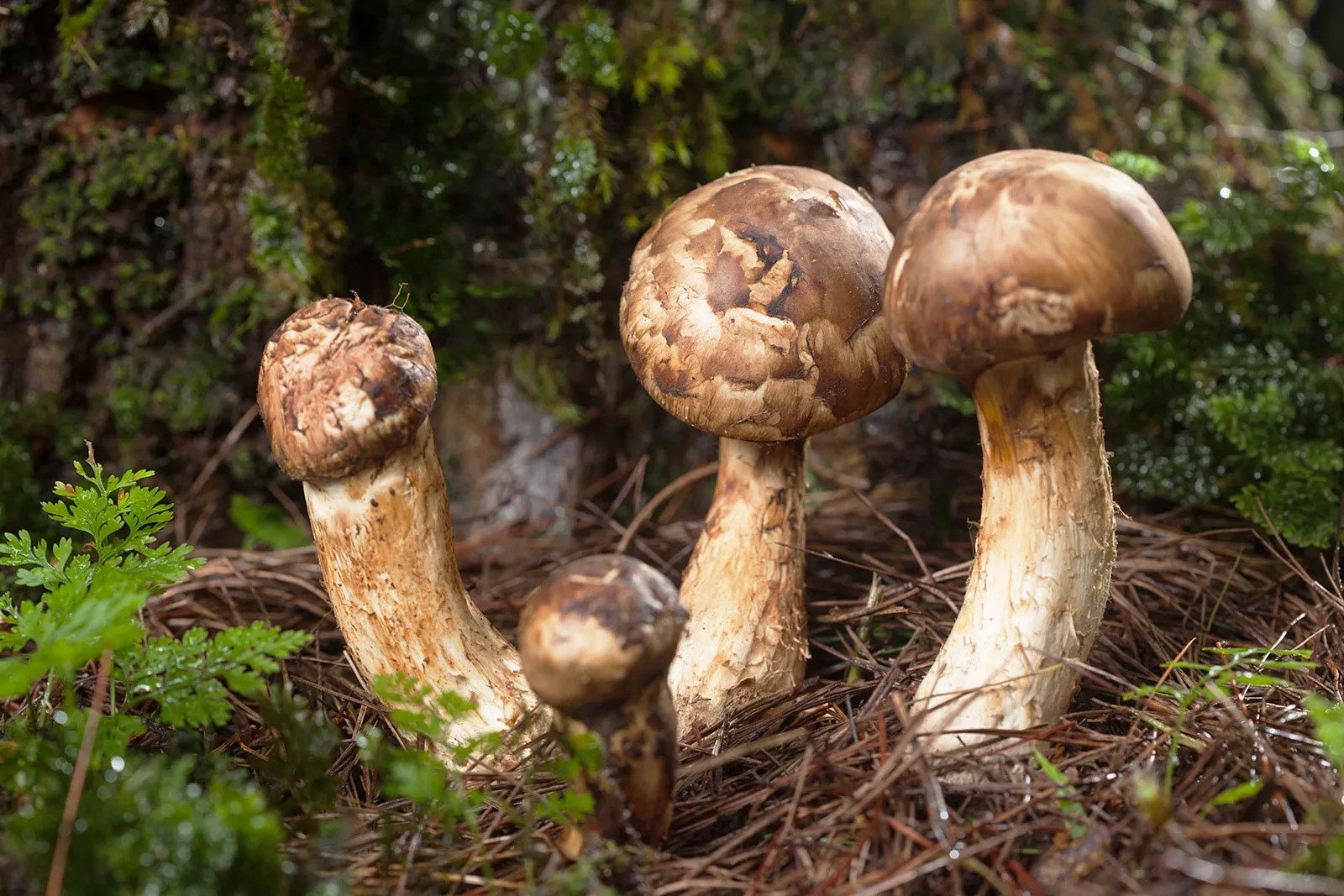
While imported Matsutake mushrooms can cost half or less, Japanese mushrooms can cost 10 times as much. To help Japanese buyers differentiate between imported and domestically grown mushrooms, Japan has a law that requires imported mushrooms to be washed clean of dirt before being sold, while domestic mushrooms have a rough, blotchy appearance. Japanese Matsutake are prized for their rich aroma, texture, and rich flavor.
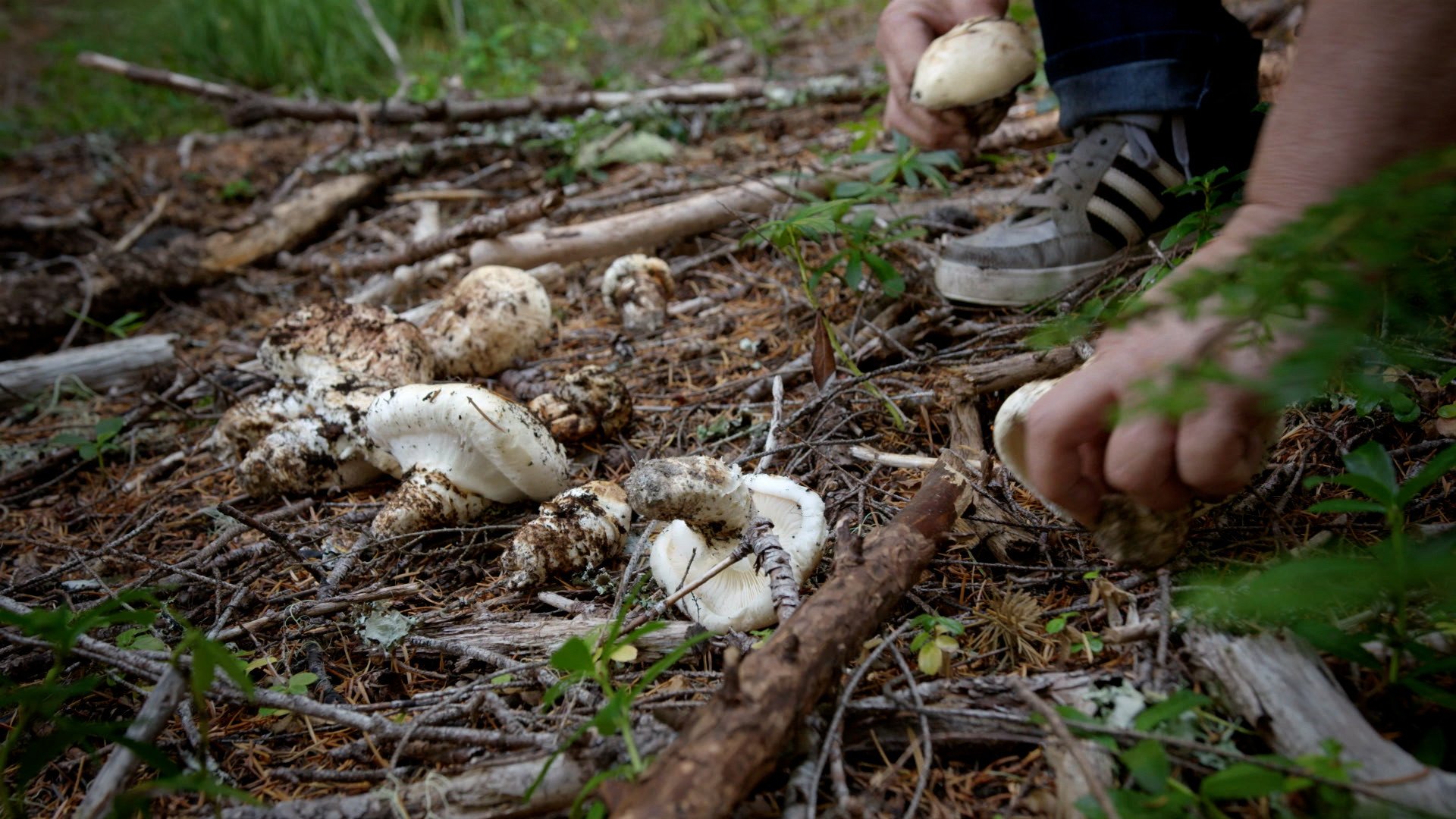
The price of Japanese Matsutake mushrooms is influenced by a number of factors. First is scarcity. Over the past 70 years, annual harvests have declined by as much as 95%, making them a rare delicacy. Combine that with the fact that they are only harvested once a year, in September or October, and the threat of invasive insects destroying their habitat, and many people are starting to understand the 'crazy prices' they pay for these mushrooms.
There are about 1,000 tons of matsutake found each year. They grow on red pine trees and have to be foraged in the wild by people who know how to find them. Because of their brownish color, matsutake mushrooms tend to blend in well with the fall foliage, so unless you know exactly where to look, you might walk past areas full of them without even realizing they’re there.
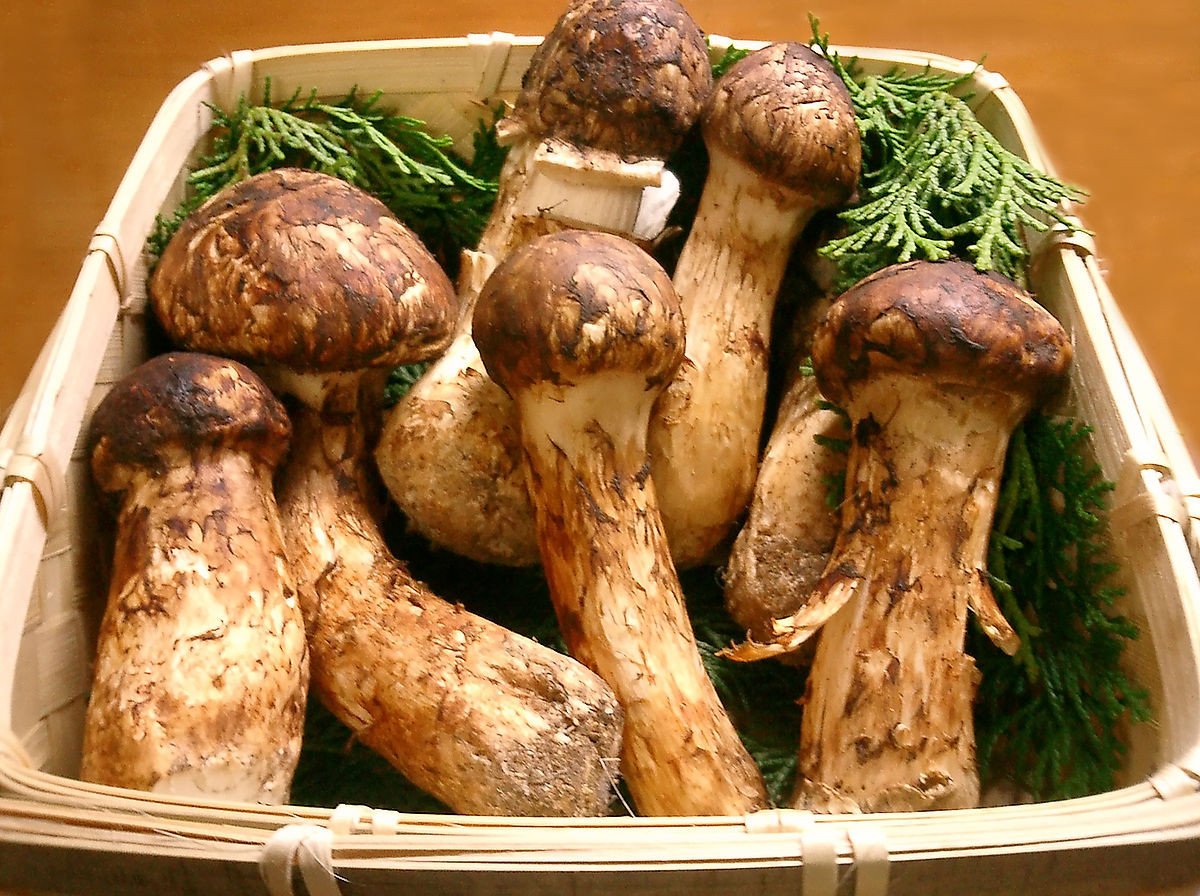
Artificial cultivation of matsutake has proven to be unfeasible to date, as they are actually symbiotic with the red pine. Matsutake mushrooms are also extremely sensitive to changes in weather. Too hot and insect damage affects the harvest, too dry and they will not grow. This makes the matsutake market very volatile.
Obviously, the quality of the mushroom used as an ingredient is also a factor. Japanese matsutake is served in fine restaurants across Japan, in soups, with rice, or simply grilled over charcoal and eaten with salt.
According to OC
Source: https://vietnamnet.vn/nam-matsutake-vua-cua-cac-loai-nam-dat-nhat-the-gioi-co-xung-dang-voi-gia-tien-2268505.html







![[Photo] Prime Minister Pham Minh Chinh receives Lao Minister of Labor and Welfare Phosay Sayasone](https://vphoto.vietnam.vn/thumb/1200x675/vietnam/resource/IMAGE/2025/11/11/1762872028311_dsc-2246-jpg.webp)


























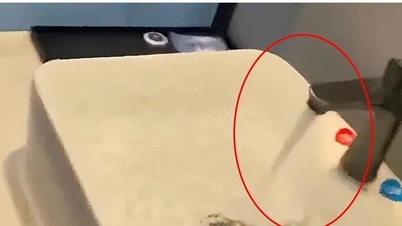





























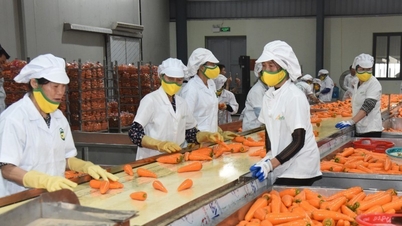































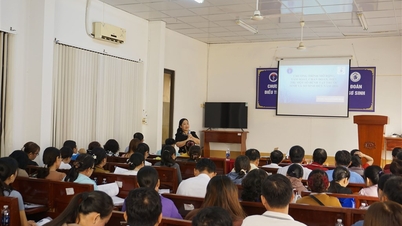








![Dong Nai OCOP transition: [Article 3] Linking tourism with OCOP product consumption](https://vphoto.vietnam.vn/thumb/402x226/vietnam/resource/IMAGE/2025/11/10/1762739199309_1324-2740-7_n-162543_981.jpeg)








Comment (0)